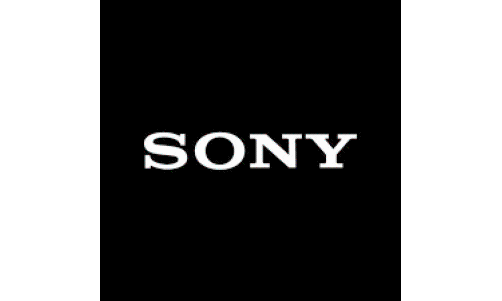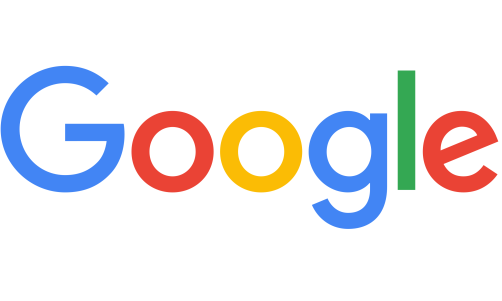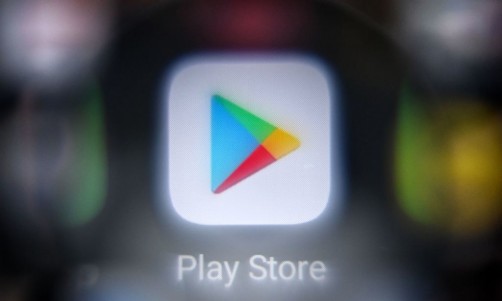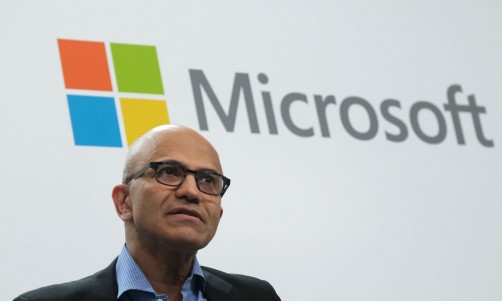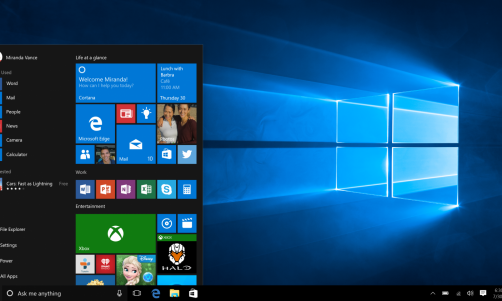NASA advised that people who will attempt to capture the solar eclipse must use solar filters on their smartphones to avoid damaging the image sensor.
The organization also announced that solar filters are vital, especially to those who will use magnifying lens attachments to their phones.
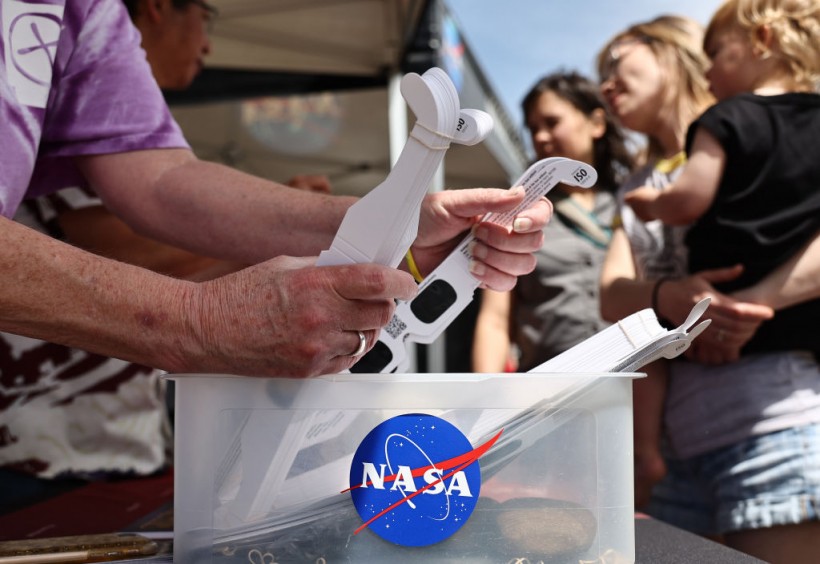
(Photo : Mario Tama/Getty Images)
Read Also: How to Safely Capture a Solar Eclipse with Your Smartphone
NASA Advises Eclipse Shooter With Proper Precautionary Measures
Ahead of the much-awaited solar eclipse, many people have been planning to snap a photo of the rare phenomenon. In an X post, tech influencer Marques Brownlee shared that he might have to experiment capturing the eclipse with a spare phone just to see if it will cause damage or not.
NASA addressed the concern and confirmed that pointing cameras directly to the sun could fry the sensors. "This is especially true if you're using any sort of magnifying lens attachment on the phone. You would need to utilize the proper filters just like on any other camera," the organization replied.
The safest and best practice for everyone is to hold a pair of eclipse glasses in front of the lenses of the phone when photographic the sun. This is advised to be done at any point other than totality so that the corona, the sun's outer atmosphere, will be visible.
NASA Shares Tips for Solar Eclipse Watchers
Across all the countries, the total solar eclipse will be the most visible across the U.S. It is expected that the event will be more special due to its wider path of totality.
The path of the eclipse will start from Mexico and will exit at the Atlantic coast of Newfoundland, Canada. Cities such as Oklahoma, Arkansas, Missouri, Illinois, Kentucky, Indiana, Ohio, Pennsylvania, New York, Vermont, New Hampshire, Maine, Southern Ontario, Quebec, New Brunswick, Prince Edward Island, and Nova Scotia will get to witness the eclipse.
NASA advised watchers to prepare necessary special-purpose solar filters for camera lenses, binoculars, or telescopes to avoid any severe eye injury. Regular sunglasses are also not advisable regardless of their darkness as they are not safe for viewing the sun. Others can still try the indirect viewing method.
Related Article: NASA Shares Photography Tips for the Upcoming Total Solar Eclipse on April 8th







